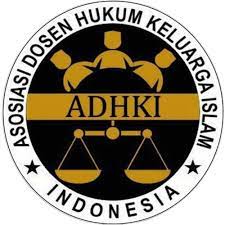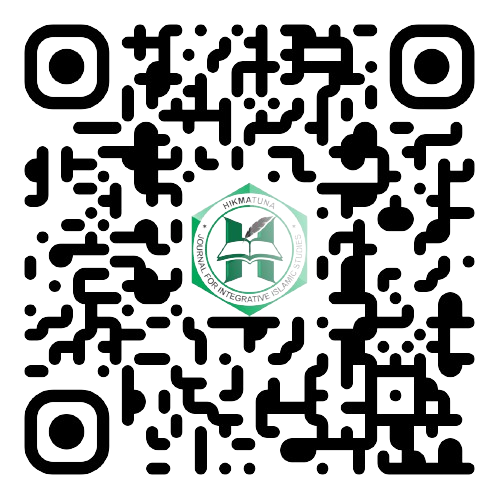Legal Protection for Donors Who Fall into Poverty in Indonesia and Singapore
DOI:
https://doi.org/10.28918/hikmatuna.v10i1.7243Keywords:
Legal Protection of Grant Donors Facing Impoverishment, Exceeding Maximum Grant LimitsAbstract
This research analyzes cases related to legal protection for grant givers who have fallen into poverty, even though grants are given free of charge and without receiving compensation, for Muslims based on Article 210 paragraph (1) the Compilation of Islamic Law there is a limitation on the amount of the grant, namely it cannot exceed one third to protect the rights of his heirs. The type of research used is doctrinal, taken from literature studies of statutory regulations. Based on the results of this research analysis, the implementation of grants for Muslims in Indonesia must follow the provisions in the form of pillars and grant conditions that have been determined in the Compilation of Islamic Law, including provisions regarding the maximum limit for grant implementation of 1/3 (one third) of the grantor's assets. The grant is null and void if it violates the provisions of Article 210 paragraph (1) of the Compilation of Islamic Law, this is because it violates the objective terms of the agreement. In Singapore there are restrictions when releasing an object through a grant in Singapore. In particular, the determination of rights and interests over land in Singapore is regulated by statutory regulations and the Controller of Residential Property as the Land and Property Registry Agency is a Singapore government institution that has authority over land in Singapore. Apart from being regulated in the Civil Code, grants are also regulated in the Compilation of Islamic Law in Indonesia.
Downloads
Published
How to Cite
Issue
Section
License
Copyright (c) 2024 Karina Putri Marina, Daly Erni

This work is licensed under a Creative Commons Attribution-ShareAlike 4.0 International License.















